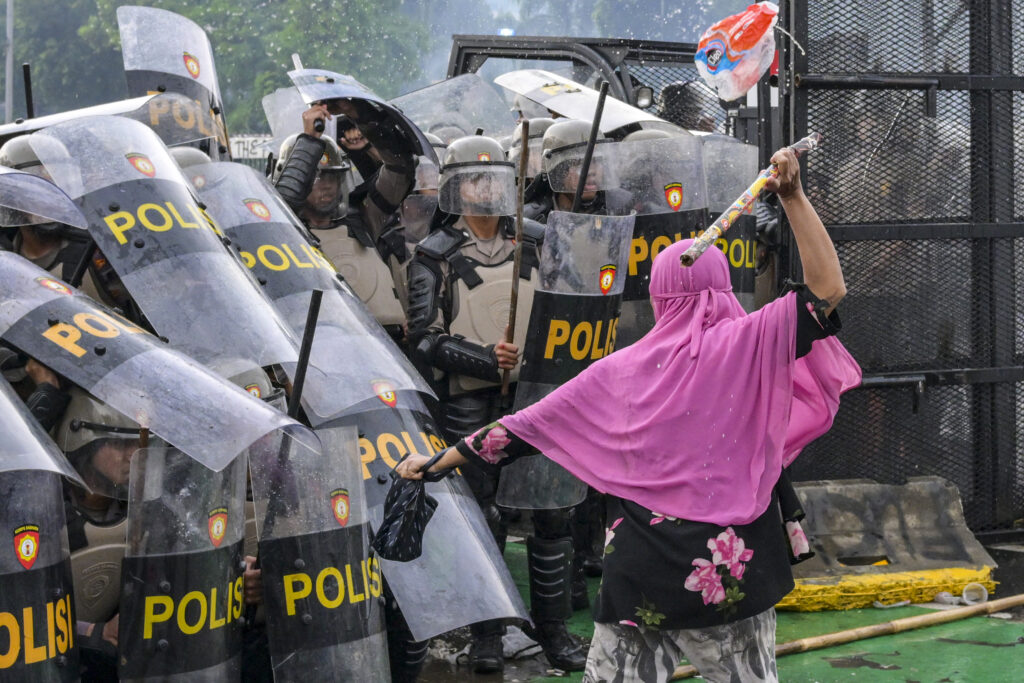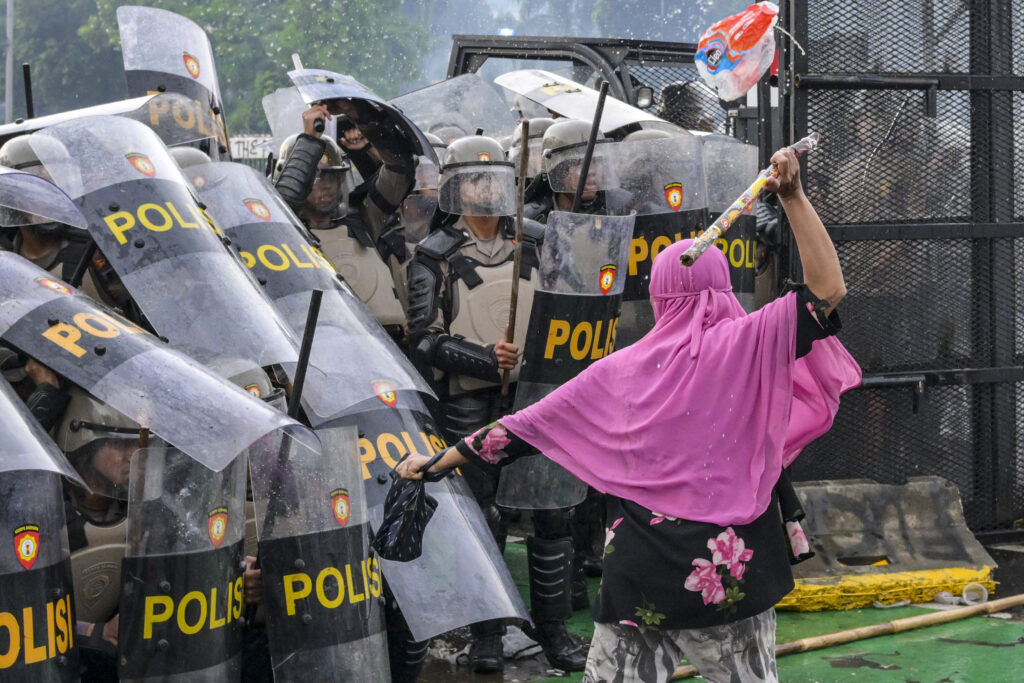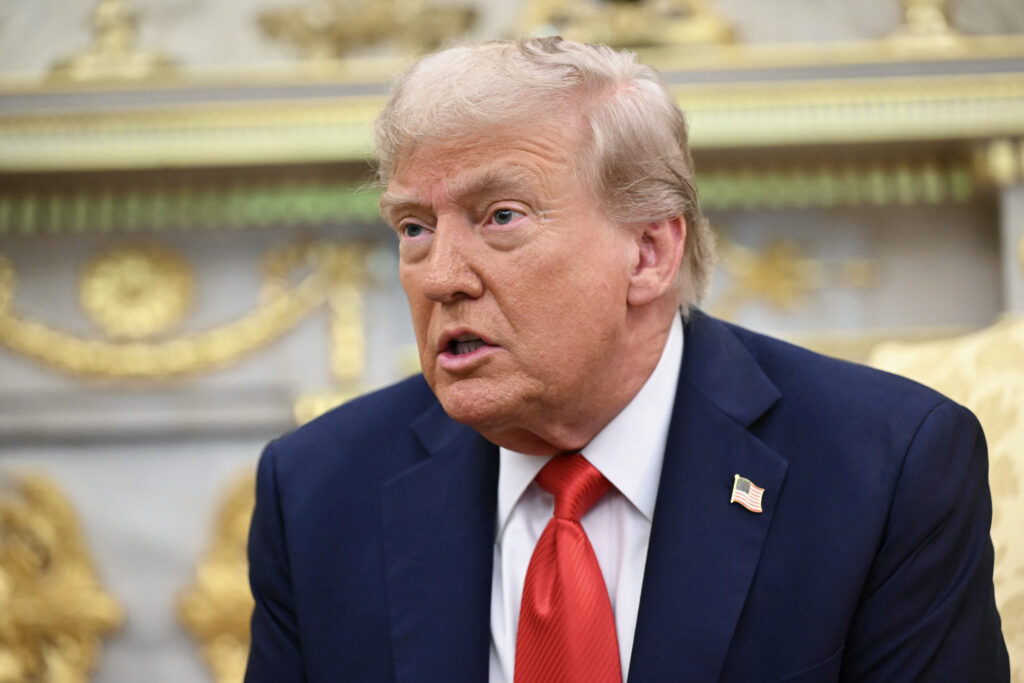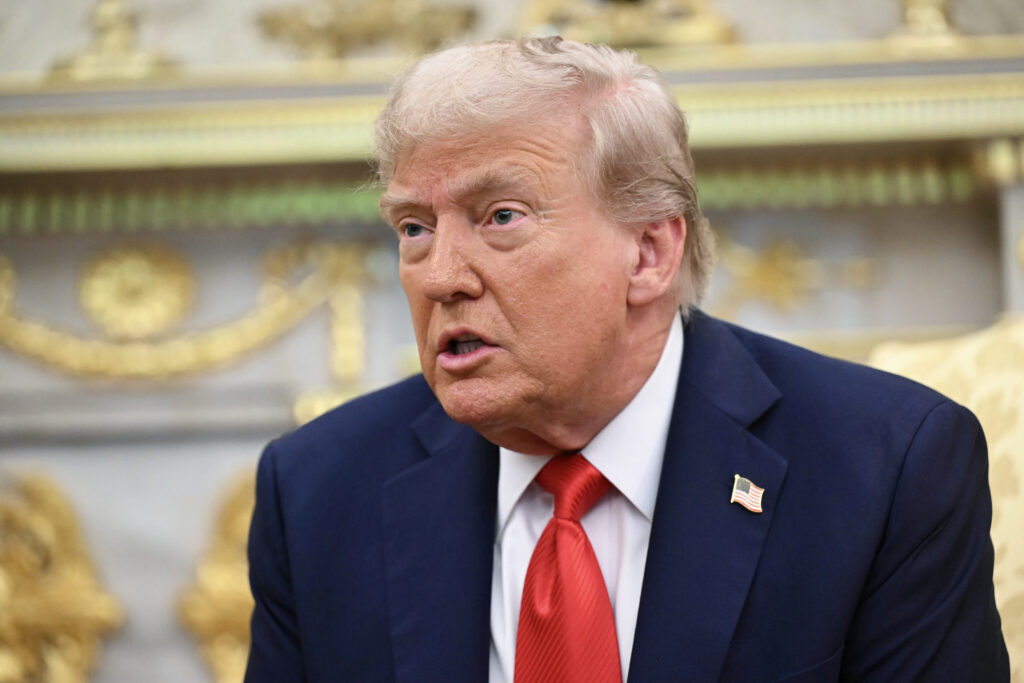Le changement climatique a multiplié par 40 la probabilité de vagues de chaleur comme celle en Espagne et au Portugal
Le changement climatique causé par l’homme a multiplié par 40 le risque de vagues de chaleur comme celle qui a favorisé les incendies meurtriers en Espagne et au Portugal en août dernier, selon un rapport publié jeudi par le réseau international World Weather Attribution.La péninsule ibérique, à la pointe sud-ouest de l’Europe, a connu des températures inhabituellement élevées tout au long du mois d’août, dépassant les 40°C dans de nombreuses régions.Cette chaleur persistante a favorisé les feux de forêt, principalement dans le nord du Portugal ainsi que dans l’ouest et le nord-ouest de l’Espagne, où ils ont fait quatre morts dans chacun de ces pays, contraint des milliers de personnes à être évacuées et ravagé de vastes étendues de terres.Et le changement climatique, principalement causé par la combustion de carburants fossiles, a rendu les conditions météorologiques propices aux incendies environ 40 fois plus fréquentes et 30% plus intenses, ont affirmé les scientifiques européens ayant travaillé sur l’étude du World Weather Attribution.”Sans le réchauffement causé par l’homme, des conditions météorologiques aussi propices aux incendies ne se seraient produites qu’une fois tous les 500 ans, au lieu d’une fois tous les 15 ans comme c’est le cas aujourd’hui”, a déclaré à la presse Theo Keeping, chercheur à l’Imperial College London.Ces périodes de forte chaleur assèchent rapidement la végétation et sont susceptibles de déclencher des incendies intenses qui “peuvent générer leur propre vent, entraînant une augmentation de la longueur des flammes, des explosions et l’allumage de dizaines de feux à proximité à partir de braises volantes”, a-t-il ajouté.Autre facteur ayant aggravé l’impact du réchauffement climatique : l’exode rural, qui a laissé de vastes zones de terres moins bien exploitées qu’auparavant, selon Maja Vahlberg, conseillère au Centre pour le climat de la Croix-Rouge et du Croissant-Rouge.”Le déclin de l’agriculture et du pâturage traditionnels réduit le contrôle naturel de la végétation. Les terres qui étaient autrefois habitées et exploitées sont donc devenues plus inflammables”, a-t-elle ajouté.En Espagne, plus de 380.000 hectares ont brûlé depuis le début de l’année, un record selon le Système européen d’information sur les incendies de forêt (EFFIS), qui collecte ces données depuis 2006. Le Portugal a de son côté perdu plus de 280.000 hectares.La vague de chaleur qui a frappé l’Espagne pendant 16 jours en août 2025 a été “la plus intense jamais enregistrée”, avec des températures moyennes supérieures de 4,6 degrés à celles observées au moment des précédentes vagues, d’après l’agence météorologique nationale AEMET.Cet organisme espagnol a enregistré 77 vagues de chaleur dans ce pays depuis qu’il a commencé à tenir des registres en 1975, dont six dépassant de quatre degrés ou plus la moyenne. Cinq d’entre elles ont eu lieu depuis 2019.Selon une estimation rendue publique mardi par l’Institut de santé Carlos III, plus de 1.100 décès en Espagne peuvent être attribués à la vague de chaleur du mois d’août.





